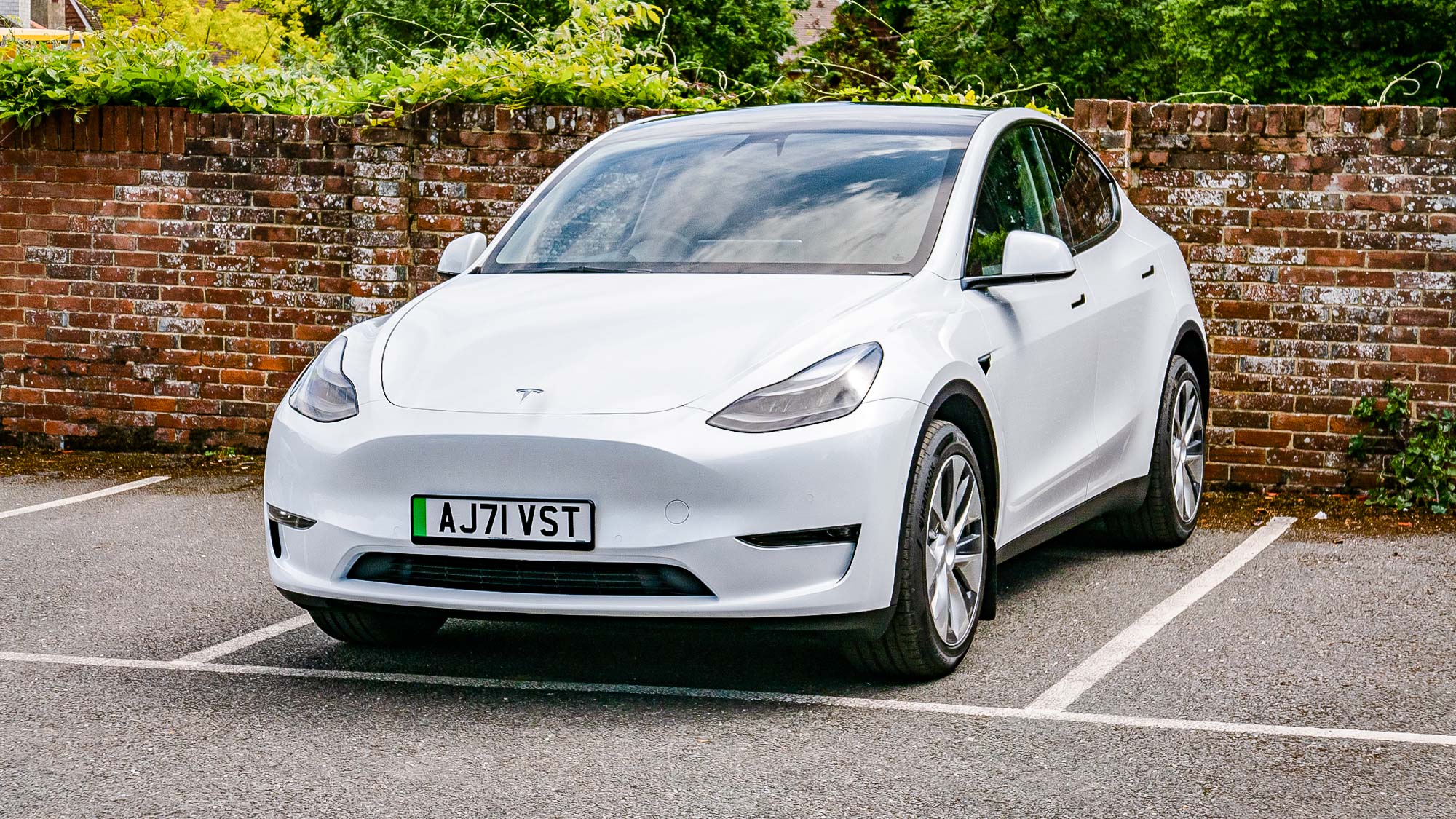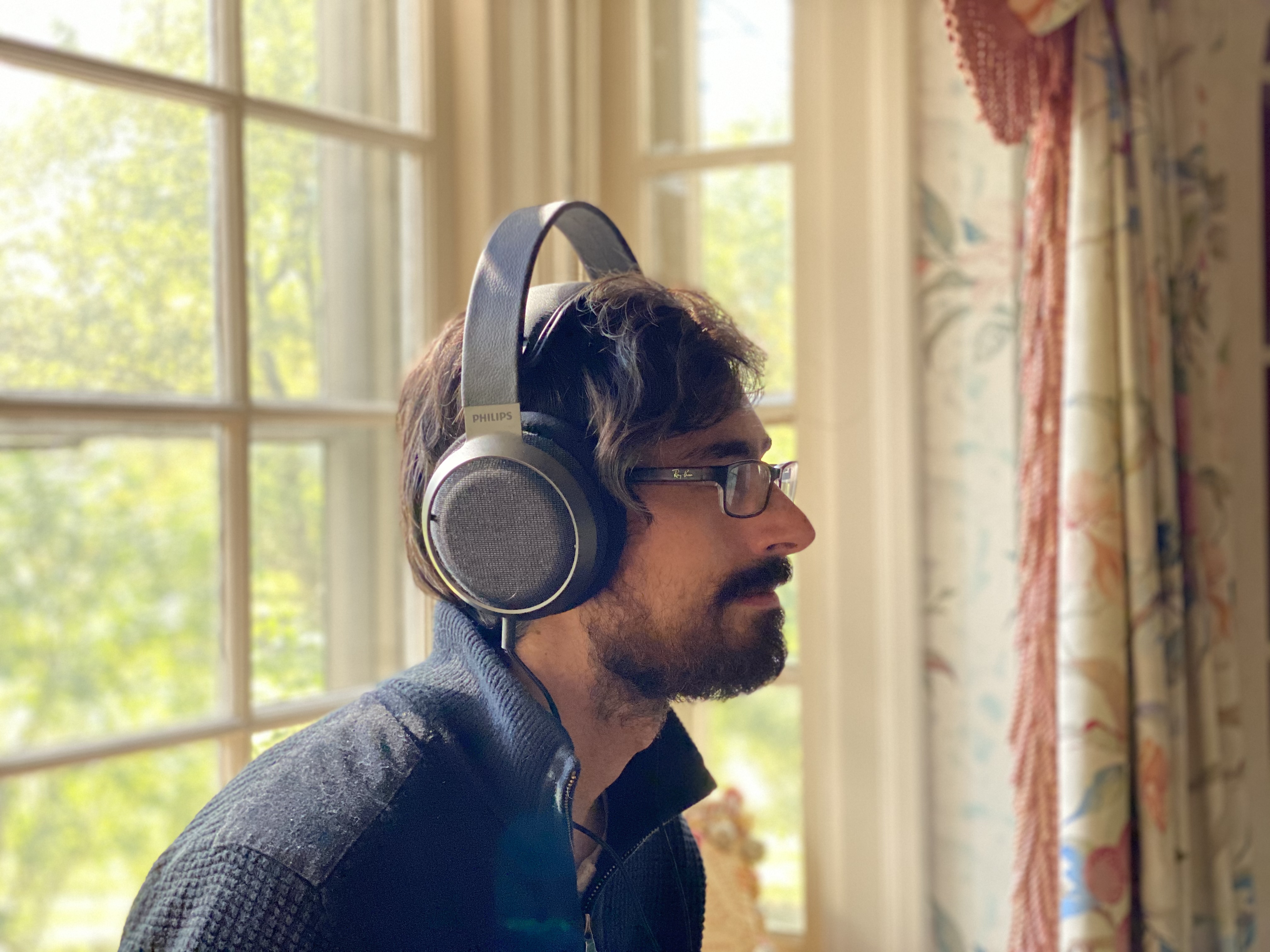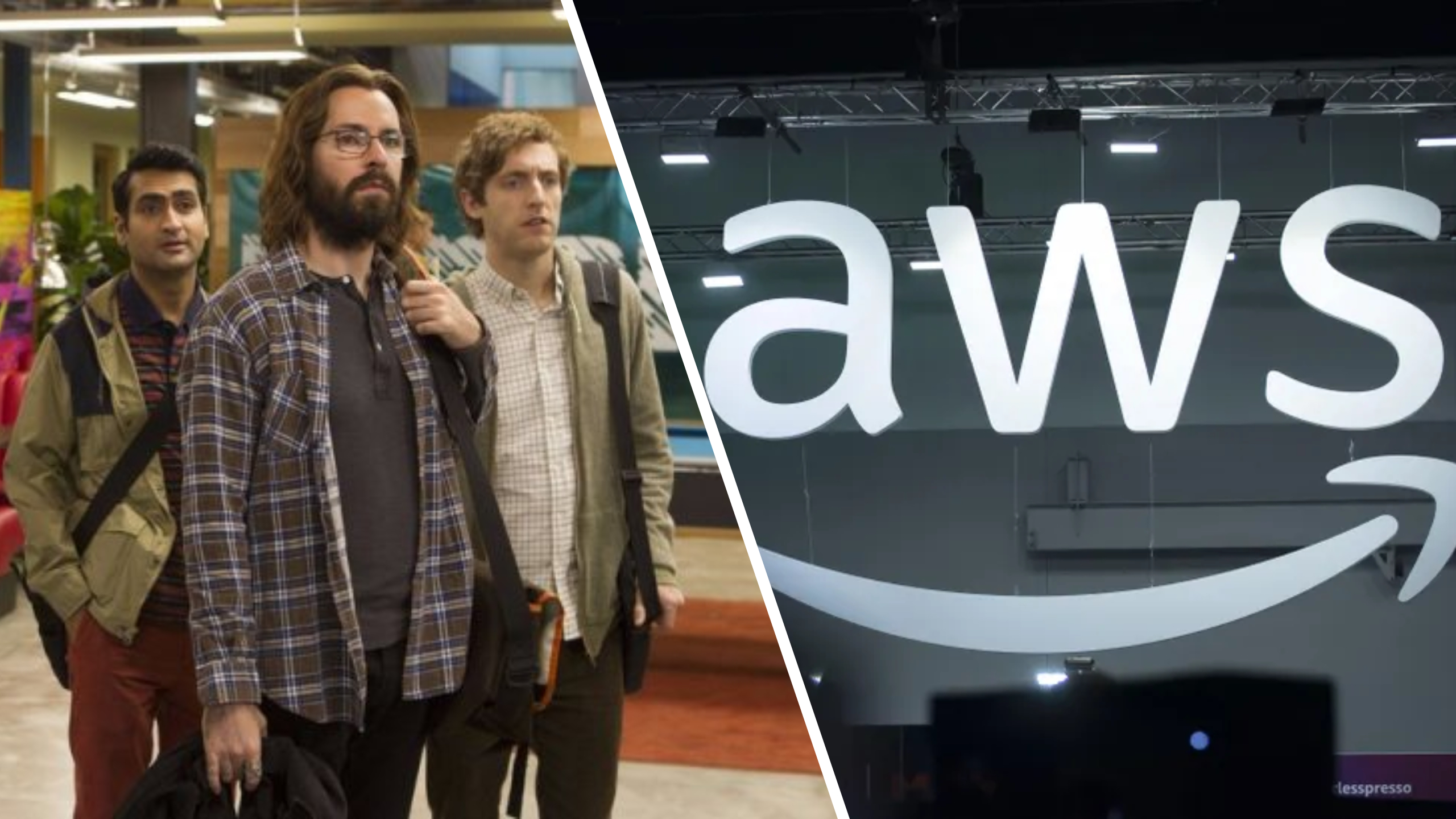Tesla faces class-action lawsuit over greatly exaggerated EV range numbers

Here at Tom’s Guide our expert editors are committed to bringing you the best news, reviews and guides to help you stay informed and ahead of the curve!
You are now subscribed
Your newsletter sign-up was successful
Want to add more newsletters?

Daily (Mon-Sun)
Tom's Guide Daily
Sign up to get the latest updates on all of your favorite content! From cutting-edge tech news and the hottest streaming buzz to unbeatable deals on the best products and in-depth reviews, we’ve got you covered.

Weekly on Thursday
Tom's AI Guide
Be AI savvy with your weekly newsletter summing up all the biggest AI news you need to know. Plus, analysis from our AI editor and tips on how to use the latest AI tools!

Weekly on Friday
Tom's iGuide
Unlock the vast world of Apple news straight to your inbox. With coverage on everything from exciting product launches to essential software updates, this is your go-to source for the latest updates on all the best Apple content.

Weekly on Monday
Tom's Streaming Guide
Our weekly newsletter is expertly crafted to immerse you in the world of streaming. Stay updated on the latest releases and our top recommendations across your favorite streaming platforms.
Join the club
Get full access to premium articles, exclusive features and a growing list of member rewards.
Following a shocking report from Reuters on Tesla’s deliberate attempts to obfuscate the range of its electric vehicles, three California residents are suing the company in the U.S. District Court for the Northern District of California.
The lawsuit, filed on August 3, alleges Tesla breached vehicle warranties and engaged in fraud and unfair competition — all of which could lead to a payout for owners who bought a Tesla vehicle based on its claims.
According to the lawsuit: "Had Tesla honestly advertised its electric vehicle ranges, consumers either would not have purchased Tesla model vehicles, or else would have paid substantially less for them".
If the lawsuit receives class-action status it could cover owners of a Tesla Model 3, a Model S, a Model Y, or a Model X vehicle, while seeking unspecified damages for the alleged false advertisement.
Why is Tesla in trouble? Here’s what we know so far
The lawsuit filed on Thursday cites Reuters’ reporting into Tesla’s wide-ranging, systematic approach to preventing customers from complaining about the range of its vehicles and its exaggerated range claims.
According to the outlet’s reporting, drivers would see the range somewhere above 350 miles when the battery was fully charged, but would only travel around half that distance before the car needed to be recharged. At the heart of the issue, the report claims, was a purposely skewed algorithm that would show “rosy” estimates of the range when the battery was above a 50% charge and then drop to a more accurate level once the battery drained below 50%.
If the exaggerated claims weren’t bad enough, Reuters claims that Tesla then did everything in its power to cover up the complaints about the range of its vehicles, going so far as to implement a covert branch of the company that would remove negative reviews that mention range being an issue and canceling maintenance appointments for customers experiencing what they believed were battery issues with their cars.
Get instant access to breaking news, the hottest reviews, great deals and helpful tips.
To add insult to injury, Tesla’s Autopilot and "Full Self-Driving" technology — and its claims about the safety of those systems — are also facing litigation.
Tesla has yet to make a public comment about Reuters' reporting or the most recent litigation, but we'll update this story if or when that happens.
More from Tom's Guide

Nick Pino heads up the TV and AV verticals at Tom's Guide and covers everything from OLED TVs to the latest wireless headphones. He was formerly the Senior Editor, TV and AV at TechRadar (Tom's Guide's sister site) and has previously written for GamesRadar, Official Xbox Magazine, PC Gamer and other outlets over the last decade. Not sure which TV you should buy? Drop him an email or tweet him on Twitter and he can help you out.
 Club Benefits
Club Benefits










